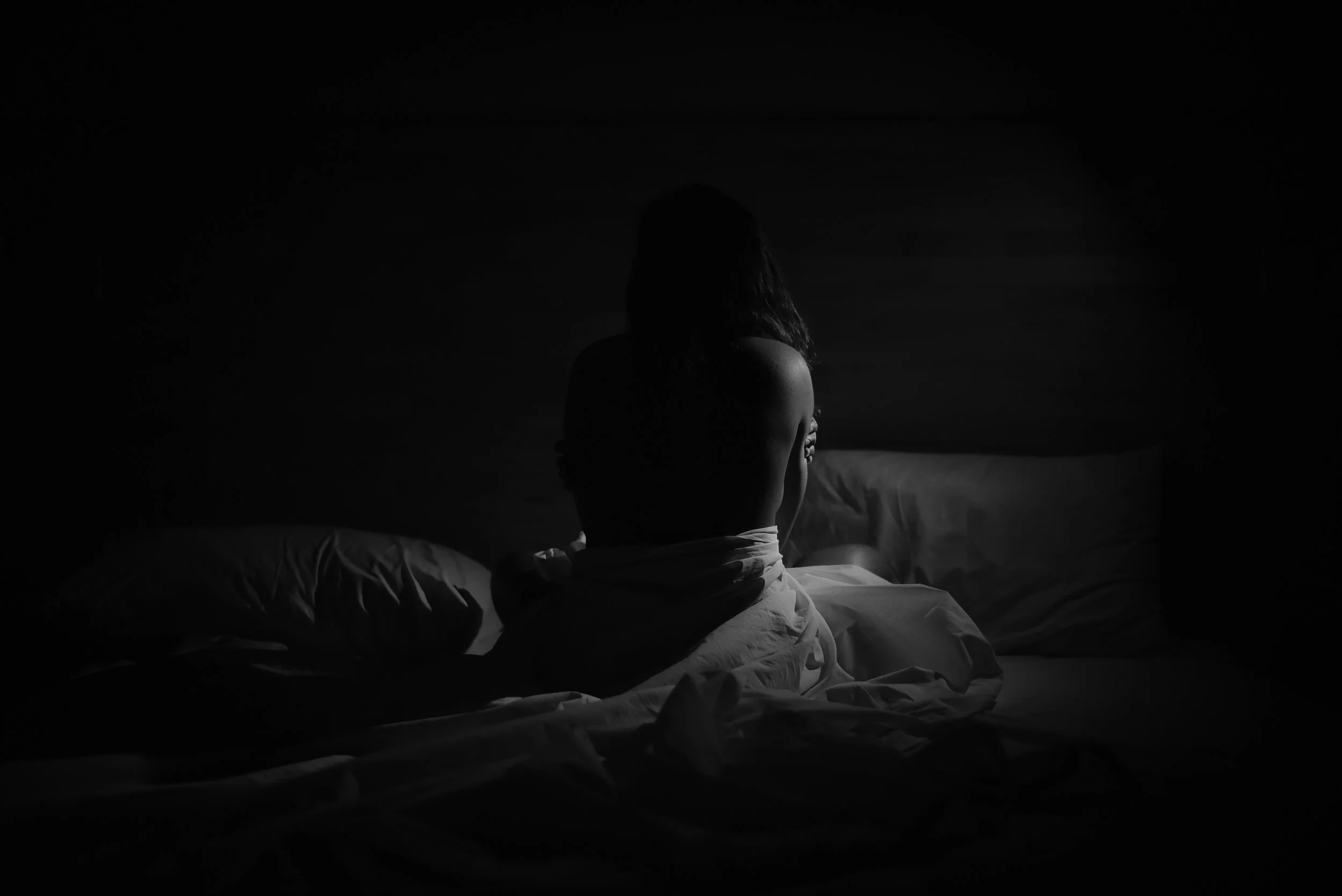Queer Sexual Assault
Part of the Queer Intimate Partner & Family Violence Resources series
Understanding, Naming, and Seeking Support in LGBTIQA+ Relationships, Communities, and Systems
Why This Page Exists
Queer and trans people deserve spaces that reflect the full complexity of our lives - including the ways we experience harm, confusion, consent, silence, and survival. Sexual assault does not only happen in cisgender, heterosexual contexts. It can happen within queer relationships, friendships, families, hook-ups, chosen kin, and activist circles.
This page is for anyone navigating the impact of unwanted sexual experiences. Whether something happened recently or years ago, whether you have words for it or not, you are welcome here.
You do not need to report it. You do not need to label it. You do not need to prove anything to anyone.
You are allowed to ask:
“Was that okay?”
“Why do I feel this way?”
“Do I need support?”
Those are valid questions. This page was built for them.
What Queer Sexual Assault Can Look Like
Sexual assault can involve force, coercion, pressure, silence, or fear. It can include anything that happens to your body or boundaries without your clear, ongoing, and willing consent.
It might look like:
Being guilted, pressured, or worn down into saying yes
Being touched without permission during sleep, substance use, or dissociation
Having your “no” ignored or challenged
Feeling unable to speak up due to fear of hurting someone’s feelings or being judged
Being told your boundaries are anti-sex, ableist, unliberated, or oppressive
Being shamed for not wanting sex, or for changing your mind
Being manipulated in kink, poly, or community settings
Having your consent assumed because of a shared identity, history, or relationship label
You do not have to remember everything clearly. You do not have to justify why you stayed, how you felt, or whether you still love or care about them.
If something happened and you feel unsettled, confused, afraid, or ashamed - that is enough. You are allowed to take it seriously.
Why It Can Be Hard to Name
Sexual assault in queer contexts is often minimised, hidden, or misunderstood.
You might feel unsure because:
You were in a relationship or still are
They are also queer, trans, disabled, or marginalised
You were aroused, even though you didn’t want it
You said yes at first and changed your mind
They are well-known or respected in your community
You love them, or they love you
You also hurt them at some point
You were afraid, but unsure why
No one has ever talked about it happening in your kind of relationship
All of these can be true. And it can still be sexual assault.
You are allowed to name harm - even if it doesn’t match what you were taught assault looks like.
It’s Still Assault If:
You froze instead of saying no
You were confused or dissociating
You stayed afterwards
You didn’t want to “make a scene”
You tried to convince yourself it was fine
You were told it wasn’t that serious
You’re still not sure what happened
Assault is about power and consent - not appearances, gender roles, or who initiated what.
You do not have to meet any criteria to deserve care.
You Deserve Support
You deserve support even if:
You’re not ready to talk about it
You haven’t told anyone else
You don’t want to leave the relationship
You don’t want to involve police
You still love or miss the person
You’re afraid people won’t believe you
You’ve told yourself it was your fault
You don’t have the words for what happened
Support can mean a lot of things. It might be:
Telling a trusted friend or peer
Finding a queer-informed therapist
Writing it down in private
Talking to a survivor-led helpline
Just sitting with the truth for a while
You do not need to do anything right away. You are allowed to take your time.
If You Want Support Now
You can reach out anonymously or just to explore your options.
Rainbow DV Helpline (24/7): 1800 497 212
1800RESPECT (24/7): 1800 737 732
QLife (3pm to midnight): 1800 184 527
Local queer support organisations in your area
A queer-affirming therapist or health worker


